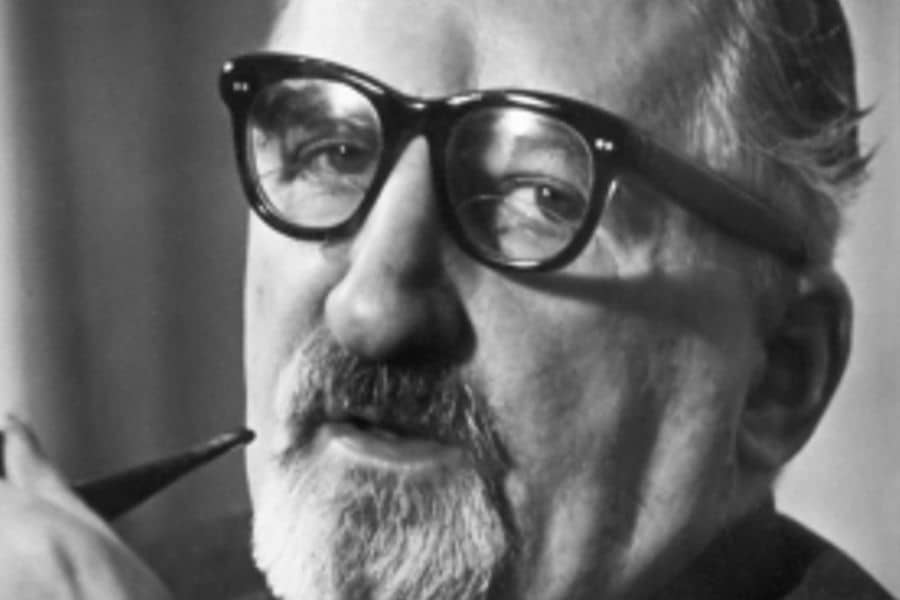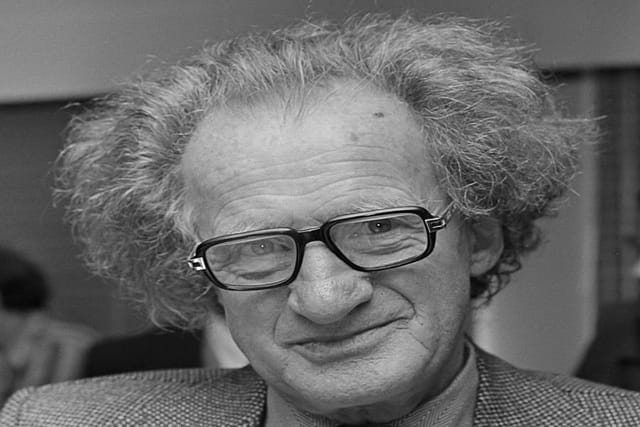Table of Contents
Gerard Croiset: The Dutch Psychic and Parapsychologist
Gerard Croiset was a Dutch psychic and parapsychologist, widely known for his work in psychometry and solving missing person cases. He gained international recognition for his supposed ability to see visions related to crime scenes or missing individuals by handling objects associated with the person or location. Though celebrated by many for his claimed psychic abilities, Croiset’s methods and accuracy remain controversial in both the scientific and paranormal communities.
Early Life
Gerard Croiset was born on March 10, 1909, in Laren, Netherlands. As a child, Croiset claimed to have unusual psychic experiences, such as the ability to perceive future events and read other people’s emotions. His psychic abilities were reportedly noticed early on, although he did not begin his career as a professional psychic until much later in life. During World War II, he reportedly began using his psychic talents to help find missing people.
Career and Psychometry
Croiset is best known for his work in psychometry, the practice of receiving impressions or visions by touching objects related to a person or situation. His alleged abilities attracted the attention of Wilhelm Tenhaeff, a Dutch parapsychologist and professor at Utrecht University, who began collaborating with Croiset. Tenhaeff documented Croiset’s work, leading to increased visibility in both Europe and the United States.
One of Croiset’s most famous techniques was the “chair test,” in which he would touch an empty chair and describe the person who would sit there in the future. This experiment, intended to demonstrate precognition, attracted interest and skepticism alike.

Work with Law Enforcement
Croiset is perhaps best known for his involvement in criminal investigations and missing person cases. Police in several countries turned to him for help in solving crimes, often asking Croiset to handle personal items belonging to missing persons. In some cases, Croiset reportedly provided information that led to breakthroughs in investigations, though the accuracy of his insights was often debated.
One of his most famous cases involved a missing boy in the Netherlands. Croiset claimed that his psychic visions had led police to the boy’s location, gaining public attention, and further establishing his reputation as a psychic detective.
Controversy and Skepticism
Despite his successes, Croiset’s work was met with substantial skepticism, particularly from scientific communities. Critics argued that his predictions and visions were often too vague or coincidental, and many of his high-profile cases were never fully verified by independent authorities. The reliance on anecdotal evidence rather than controlled scientific experimentation led many to question the validity of his abilities.
Some parapsychologists, including Tenhaeff, stood by Croiset’s work and praised his psychic talents, but skepticism remained prevalent. Today, Croiset’s contributions to psychic phenomena are still debated among researchers.
Legacy
Gerard Croiset passed away on July 20, 1980, but his legacy endures as one of the most well-known figures in the field of psychometry and psychic investigation. His work in both the paranormal and law enforcement fields brought attention to the potential role of psychics in solving crimes, even as skepticism continued to surround his methods.
Though his psychic abilities were never conclusively proven, Croiset remains an influential figure in parapsychology, and his life continues to intrigue both believers and skeptics in the world of psychic phenomena.





